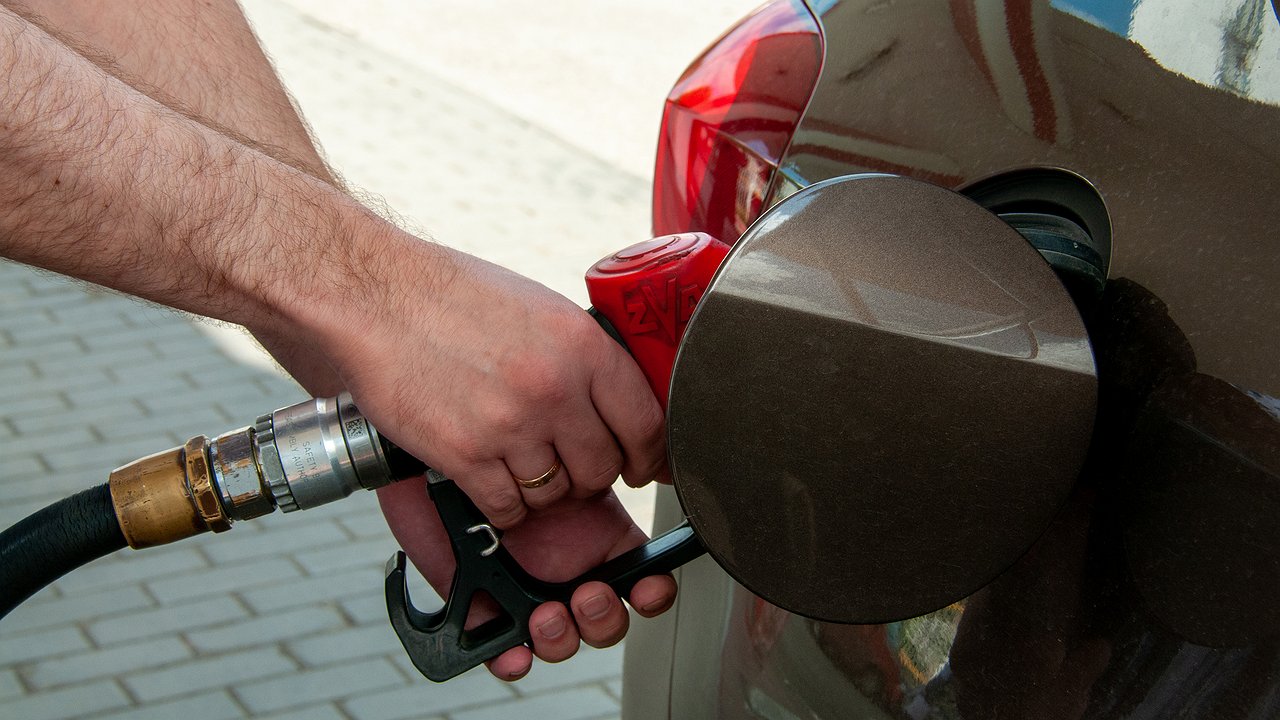According to the press service of the Russian government, Deputy Prime Minister Alexander Novak “Fuel and Energy” held a meeting on the situation on the domestic market for petroleum products with the management of oil companies, representatives of the Ministry of Energy, the Ministry of Finance, the Federal Antimonopoly Service, the Ministry of Agriculture and the St. Petersburg International Commodity Exchange. Such events with the participation of high-ranking Russian officials occur quite regularly – after the rapid increase in prices on the domestic Russian fuel market that occurred in the summer of this year.
A meeting was held on November 16, and today, on the 17th, a sharp drop in fuel prices already occurred on the St. Petersburg Stock Exchange. Wholesale gasoline fell by one and a half percent in price – to 51,142 rubles per ton of AI-92 and 54,215 rubles per ton of AI-95. Diesel fuel fell by almost 4% in price – to 60,000 rubles. Of course, no one reported to the general public about the content of Novak’s conversation.
However, the connection between this and the sharp decline in wholesale fuel prices is striking. This clearly illustrates the fact that the authorities have every opportunity to ‘steer’ in the most direct way, a bit like the market prices for fuel in the country. Meanwhile, motor fuel prices in Russia rose enchantingly throughout the summer and early autumn, eventually reaching stock market levels of more than 70,000 rubles per tonne.














